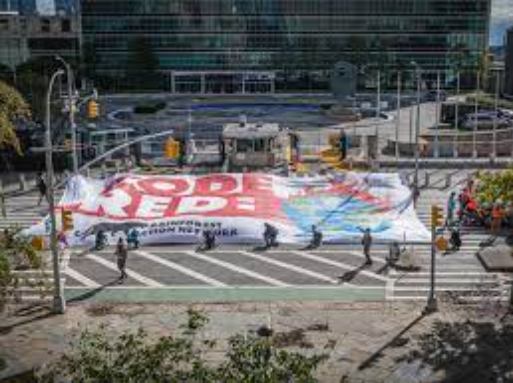As the UN climate summit in Glasgow kicks off on Sunday, it marks the deadline for countries to make more ambitious pledges to reduce greenhouse gas emissions.


The meeting is the 26th Conference of the Parties (COP26) to the UN Framework Convention on Climate Change and is being heralded as the last best chance to avoid devastating temperature rise that would endanger billions of people and disrupt the planet’s life-support systems.
New Zealand will be represented by the climate minister and Green Party co-leader, James Shaw, along with a slimmed-down team of diplomats. Shaw, who described climate change as the “most significant threat that we face for decades to come”, will take part in negotiations aimed at achieving global net zero, protecting communities and natural habitats and mobilising finance to adequately respond to the climate crisis.
This is the time for New Zealand to commit to delivering on its fair share of what is necessary to avoid runaway global warming.
To understand why COP26 is so important we need to look back to a previous summit, COP21 in 2015, which resulted in the Paris Agreement. Countries agreed to work together to keep global warming well below 2℃ and to aim for no more than 1.5℃.
They also agreed to publish plans to show how much they would reduce emissions and to update these pledges every five years — which is what should be happening at the Glasgow summit. Collectively, current climate pledges (known as Nationally Determined Contributions or NDCs) continue to fall a long way short of limiting global warming to 1.5℃.
Many countries have failed to keep pace with what their climate pledges promised. The window to limit temperature rise to 1.5℃ is closing fast.






































